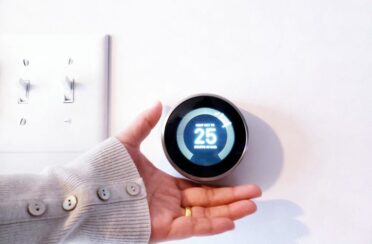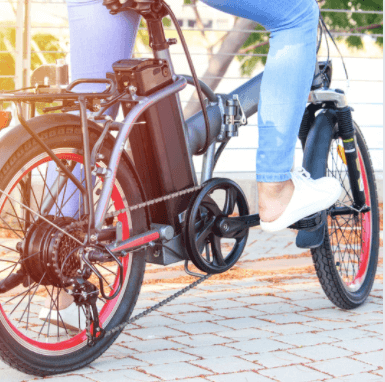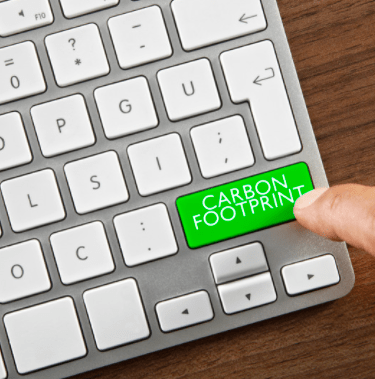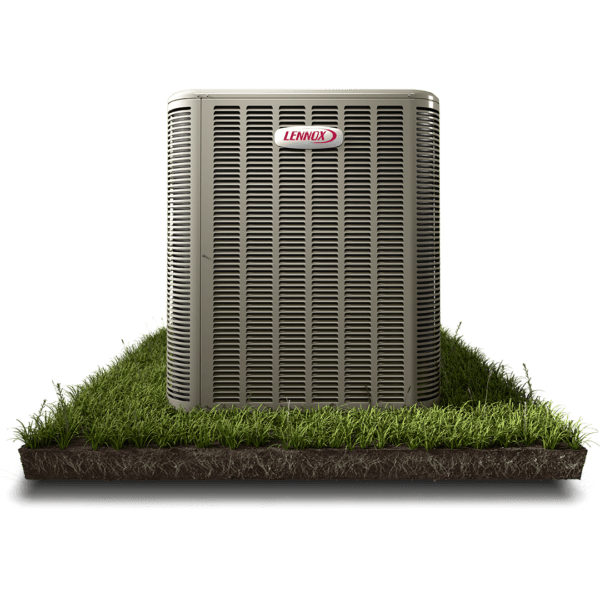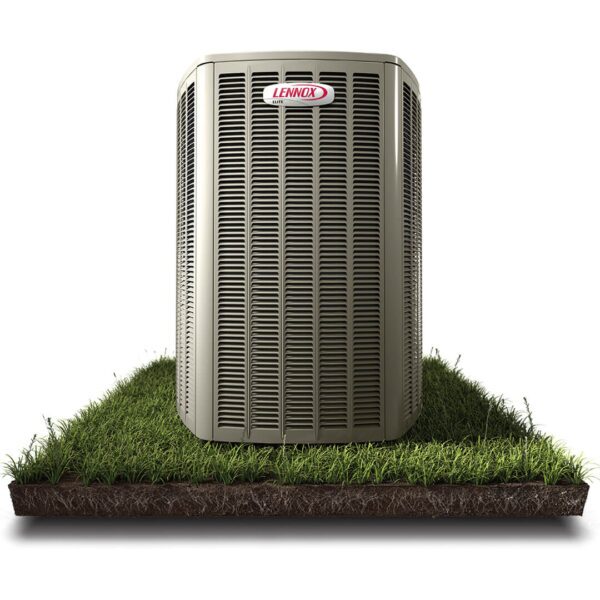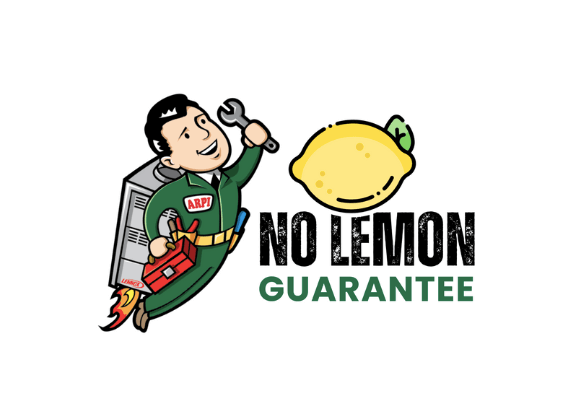- In Alberta, a heat pump requires a supplemental heating system. Supplemental heat can be electric resistance or gas to provide heat on the coldest days in winter.
- Depending on the model, heat pumps can operate very efficiently down to -4F (-20C), although this may vary depending on the balance point (the point when you may need a supplemental heating source). Please note, there is an economic balance point where it becomes more cost effective to switch to the supplemental heating source.
- The cost benefit of a heat pump is dependent on the COP (the efficiency of a heat pump which varies depending on the outdoor temperature), the cost of electricity, and the cost of an alternate energy source.
- In Alberta, typically gas is the alternate energy source.
- If you are generating your own solar electricity you should use a heat pump for as much heat as possible.
- If your primary heat is from resistance heating (electric furnace) you should add a heat pump to maximize efficiency and reduce heating costs.
- In some cases, government grants for heat pumps make getting a heat pump less expensive than getting an air conditioner.
